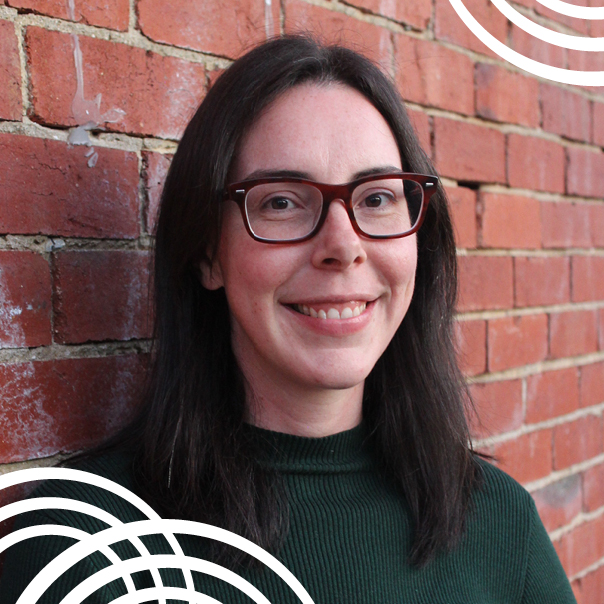Meet writer Brooke Dunnell who is shortlisted for the 2021 Fogarty Literary Award

Brooke Dunnell is the author of the short story collection Female(s and) Dogs, which was a finalist for the 2020 Carmel Bird Digital Literary Award. Her short stories have been recognised in competitions including the Bridport Short Story Prize 2019 and the Neilma Sidney Short Story Prize 2017, and have appeared in The Best Australian Stories, New Australian Stories 2, The Big Issue fiction edition and other anthologies. Brooke has worked as a creative writing mentor, workshop facilitator and judge in various creative writing competitions. She has a PhD in Creative Writing from the University of Western Australia and lives in Perth. In this Q&A tells us about her shortlisted manuscript The Glass House.
Describe your manuscript in your own words.
The story centres on 36-year-old Julia, who takes a break from her stagnating life with her husband and stepdaughter in Melbourne in order to help her ageing father move out of the family home in Perth. While she’s back, she bumps into a childhood friend, Davina, who’s keen to reignite their friendship and gets overly involved in Julia’s life without being very open about her own. At the same time, Julia starts having dreams about a shadowy male threat against her stepdaughter, Evie, back in Melbourne.
What inspired you to write it?
Ultimately this story came from a few concepts I’d had floating around in my mind for a while. One was the premise of a woman facing fertility problems who’s separated from her partner while she helps out an ageing parent and how that might give her a chance to reassess what she wants out of life. Along similar lines, I had a spark of an idea where one woman offers to be a surrogate for an old friend in a way that seems promising at the start but slowly unfolds to be a kind of power play. The final element that brought the whole thing together came from thinking about inappropriate behaviour between adults and teenage girls, and how the girl can mistakenly believe she has some agency in what’s going on, only to later realise that of course she was being manipulated. Eventually those different threads wove around one another tightly enough to create the manuscript.
How long have you been working on it?
This version has only been around for a few months, but the different elements of the story have been gestating for different lengths of time. It was great to have the Fogarty deadline in mind because it really pushed me to finish the manuscript and get it polished, whereas in other circumstances I might have run out of puff and started to second-guess myself before getting it to the level where I was happy to have others read it.
What does it mean to you to make the shortlist of the 2021 Fogarty Literary Awards?
The Fogarty hasn’t been around for long, but it’s already got such a great track record with the books and writers whose work has been picked up as a result of entering, so I’m excited to be part of that. It’s really thrilling to have my writing acknowledged as being something that’s potentially publishable and worth sharing with a wider audience. Because I began and finished writing the manuscript so close to the deadline, I didn’t have the chance to share it with readers I would usually go to for advice, so I couldn’t be sure whether everything was working the way I intended. Having the judges of the Fogarty choose it for the shortlist has given me the confidence that it worked!
The 2021 winner of the Fogarty Literary Award will be announced by Annie Fogarty as part of the next Fremantle Press Great Big Book Read at ECU’s Spiegeltent, on Wednesday 2 June 2021. Tickets are free, but places are limited. RSVP on Eventbrite (https://fogarty2021.eventbrite.com.au) or by emailing admin@fremantlepress.com.au.


